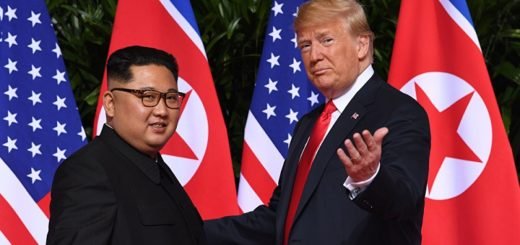COVID-19 and the ‘other’ struggle of Indigenous Communities in India

According to the Census report of 2011, our country has 1.2 billion populations out of which approximately 104 million people belong to the indigenous communities. India is home to more than 705 ‘official’ indigenous tribes and many more adivasis are yet to come under this category. As Coronavirus (COVID-19) has been declared as a pandemic, our country is under lockdown since 25th March 2020.
With the outbreak of Coronavirus, around 50,000 people have been affected in India till now and in the last 24 hours, the maximum number of cases have been confirmed. People are forced to stay inside their homes and have to maintain the ‘formula’ of social distancing which is now changed with the term ‘Personal Distancing’ to break the chain of Coronavirus. But this luxury of ‘staying at home’ cannot be enjoyed by a large population of this nation as they live under poverty and are dependent on their small scale businesses or wages which brings money on daily basis to fulfil their needs. Our country can’t afford this ‘staying at home’ luxury because as per the Global Hunger Index 2019 India ranked 103 out of 117 countries before this pandemic has spread. Also, the medical supplies provided by the government come at a cost which is very expensive: the COVID-19 testing kit itself costs Rs 4,500 (US$ 60) and the testing facilities are only concentrated in the big cities. A country where poor people die due to hunger, getting medical supplies at such a huge rate proves to be a joke on the face of indigenous communities.

Before this pandemic also the indigenous people were living under poverty and now their condition has worsened. The government’s plans for preserving the indigenous people proves to be a farce as in place of preserving the natural resources which provide for the livelihood of indigenous people, the Indian government has negotiated the forest lands and its resources with big industrialists of this nation. Already with the order of Supreme Court passed in February 2019 which said to prove their rights on land with proper documentation, indigenous people are struggling to protect their land as they are not educated enough who can understand the complex rules and laws made by the government. With the encroachment of land by big industries, indigenous people are forced to leave their home and migrate to cities. In this time of COVID-19, indigenous tribes are the most vulnerable place for the infection as these people live in close communities. Fortunately, till date, this pandemic has proved to be mainly dangerous for urban areas as very few cases are reported from rural or backward areas.

The indigenous population of our country is largely concentrated in the North East states. According to the report published in The Times of India dated 2nd April 2020, the Barak Valley region in Assam which belongs to the Adivasi tea tribe community, around 70,000 tea workers are struggling to find one meal a day since the lockdown. More than 100 tea gardens in Assam are closed where these communities work. After the spread of Coronavirus, not only the tribes living in their home states are struggling for livelihoods but the people living away from their homeland too have to face racism. There are many cases reported which says that because of their Mongolian look they are being called spreaders of Corona or Chinese virus and are being spat on or threatened to evacuate their places.
Indigenous people of our country are already living on the margin of society. Even once the lockdown is over, these tribal people will have to face such difficulties which could cost them their lives. The constant downfall of the economy and the negligence of the government towards the tribal communities and their natural resources are going to be the reasons for placing some of these people on the verge of extinction. The government should preserve and save these indigenous communities as they are not only our treasures but also plays an important role in building the ethnic identity of this country.



















